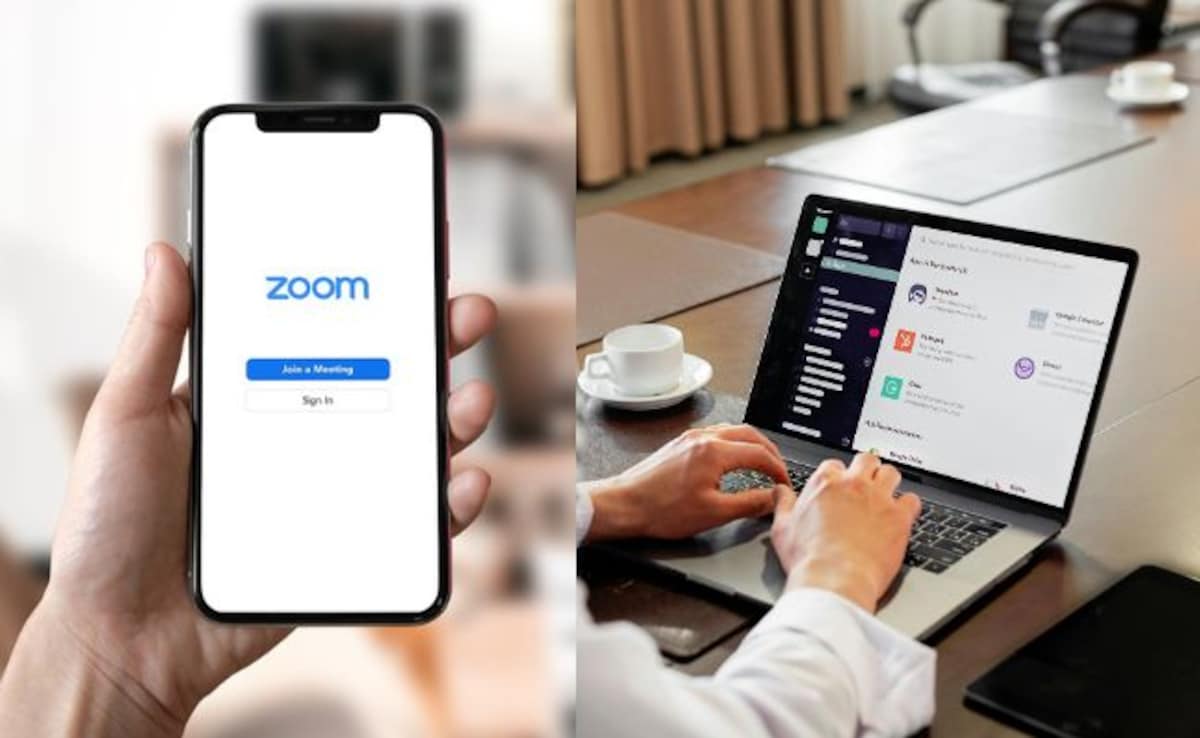Digital Exodus: Skype's Final Curtain Sparks Hunt for Communication Lifelines

As Skype Winds Down, Discover Exciting Communication Alternatives to Stay Connected
With Skype's impending closure, users are seeking reliable and feature-rich communication platforms to maintain their digital connections. Fortunately, the market offers several robust alternatives that can seamlessly replace Skype's functionality.
Google Meet emerges as a top contender, providing high-quality video conferencing with easy-to-use interface and integration with Google's ecosystem. Whether you're hosting professional meetings or catching up with friends, Google Meet offers reliable communication solutions.
WhatsApp, already popular for messaging, also provides excellent video calling capabilities. Its widespread global adoption and user-friendly design make it an attractive option for personal and professional communication.
Viber stands out with its comprehensive communication features, including free international calls, messaging, and group video chats. Its cross-platform compatibility ensures you can stay connected regardless of your device.
These platforms not only fill the gap left by Skype but often provide enhanced features and more intuitive user experiences. As digital communication continues to evolve, users have more choices than ever to stay connected with colleagues, friends, and family.
